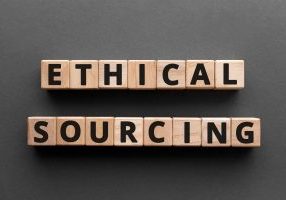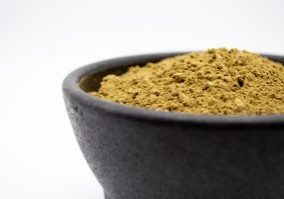There’s no doubt that today, much of our world exists in or depends on an online space. We get our information faster than ever. With that speed, there also comes the risk of disinformation and censorship running rampant.
One negative effect that the internet has on the Kratom industry is the imbalance of censorship. Due to Kratom’s murky status at the national and state level, there has been backlash and censorship on the internet for Kratom vendors, suppliers, and advocates.
Today, we’ll work together to understand better why this censorship happens and how we can better deal with it moving forward. Essentially, it boils down to the idea that social media and internet industries work closely with big lawmakers, including congress, which leads to specific restrictions.
Kratom Censorship: Showing The Limits To Free Speech
Kratom is censored in some media publications, and that’s primarily due to the way that Kratom has been lied about by many large agencies. The Drug Enforcement Agency and the Food and Drug Administration have made it clear that they have negative positions on Kratom, which has led to a severe misinformation campaign without science to support their claims.
Due to the positions of these regulatory bodies, many social media platforms and online publications keep their coverage and support of Kratom suppliers, advocates, and publishers very limited. While they may not be working against Kratom or have a strong opinion about it, it’s in their best interests to stay out of sight of the DEA and FDA.
This has led to many additional hurdles for Kratom creators, users, and suppliers that want to create a positive environment for the Kratom community. Rather than discussing their use of Kratom online openly, many have had to retreat to hidden corners or limit what they say online.
This censorship has only led to problems in the community, and it would be better if outright honesty could be had. Without being open about the goings-on in the community, it’s difficult for the truth to prevail, and misinformation runs rampant through rumors.
It’s reasonable that some media giants don’t want to give too much positive coverage to Kratom because there is still a limited amount of science on the subject, but that doesn’t mean that Kratom shouldn’t be covered at all. The only way for people to learn correct information about this natural substance is to be covered authentically, which is only happening to a minimal degree at this time.
Kratom Advertising: Strict Limitations On and Offline
Beyond simply talking about Kratom online being restricted in some ways, advertising has also suffered greatly due to the actions of the FDA and DEA. Since Kratom is not yet an approved substance by the FDA on a national scale, Google, Bing, Amazon, and other large tech companies do not permit advertising for the plant.
The FDA has issued Kratom companies that advertise their products warning letters in the past. These letters called on the companies to cease advertising to follow highly restrictive advertising rules. Social media companies that are privately owned also restrict the Kratom content permitted on their site to ensure they do not get similar letters.
What Must Be Avoided When Talking About Kratom
So, what exactly can be said about Kratom?
You may or may not have noticed this before, but even our writing team must be careful about what we say in these articles! Our blog aims to educate customers and Kratom lovers about this unique natural substance, but we can’t always use the language we want to use. We can never make medical claims about any Kratom products. You should avoid companies that resort to these tactics to sell their products.
Kratom Advocacy Expands Conversation
The only reason we have been able to get as far as we have in the Kratom industry is thanks to customers like you and Kratom advocates like the American Kratom Association. Advocacy organizations like AKA provide support to the industry by putting out accurate information and directly working with government agencies to protect Kratom and Kratom users.
Do you want to learn more about Kratom advocacy? Follow AKA’s website and social media accounts today to stay up-to-date and find out what you can do to continue pushing for safe, legal Kratom use in America.










